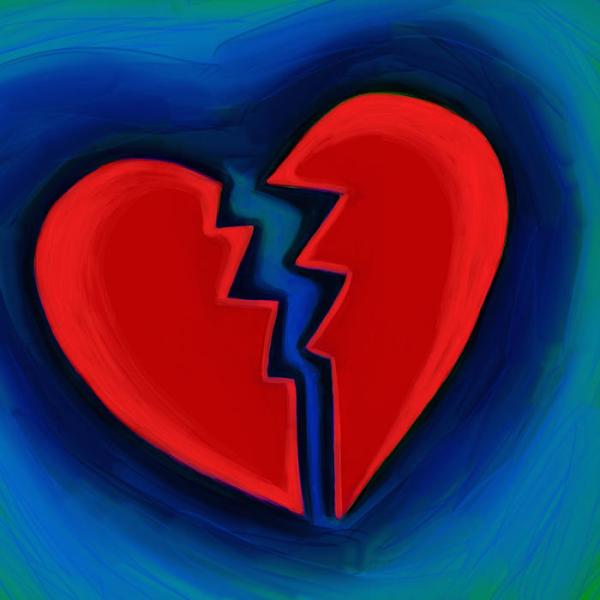If you’re reading this a few days after the end of the Christmas and New Year’s celebrations and you haven’t needed a visit to Urgent Care or the Emergency Room, you’ve successfully dodged a common accompaniment of the season: Holiday Heart Syndrome. No, it’s not a sentimental, saccharine presentation of the Hallmark Hall of Fame or the shape of tree ornaments; it’s a potentially serious health malady.
The term was coined in 1978 to explain the sudden spike of patients visiting emergency rooms during the holidays with complaints of irregular heart rhythms known as atrial fibrillation, or AFib. (It also applies to any situation marked by heavy-duty partying, such as cruises with unlimited buffets and open bars.) The condition is marked by a rapid or irregular heartbeat that often feels like a pounding, fluttering, or quivering in the chest. It reduces the normal pumping ability of the heart and promotes the formation of blood clots, increasing the risk of stroke, heart failure, and other heart-related complications. The accompanying symptoms may include lightheadedness, shortness of breath, fatigue, and chest pain.
What predisposes to Afib? Risk factors include high blood pressure, coronary artery disease, lung disease, smoking, sleep apnea, and obesity, and it can be precipitated by many of the things we love about the holiday season – the consumption of lots of rich, high-salt foods and, especially, alcohol. Detrimental effects of alcohol on the heart include a decrease in myocardial contractility (that is, the ability to pump blood), elevated blood pressure (which forces the heart to work harder), and abnormal rhythms.

A buffet on a cruise ship.
A cocktail or three, and a few glasses of wine during dinner, and then a nightcap can make you a victim of Holiday Heart Syndrome. And if you top that off with the need to shovel your car out of the snow, you’re putting a significant – and probably unaccustomed -- burden on your heart.
There are ways to reset the heart’s abnormal rhythm, such as drugs, electric shocks, or surgical procedures, and blood thinners can decrease the likelihood of dangerous clots, but prevention is the best course.
As is often the case with disease prevention, common sense and moderation are the watchwords. Know your limits and susceptibilities. As we age, the ability to clear alcohol decreases, while sensitivity to it increases. And alcohol is a carbohydrate, so that it can cause large blood sugar fluctuations in people with diabetes.
One useful strategy is if you’re going to a big party in the evening, eat lighter meals earlier in the day and don’t gorge at the event itself. If the cocktail “hour” is long, consider opting for a non-alcoholic beverage between alcoholic ones.
Especially at a time when viral respiratory diseases are causing what has been dubbed a “tripledemic,” and emergency rooms and Urgent Care facilities are being stressed, it’s smart to be cautious about your health, so you don’t end up in one.




